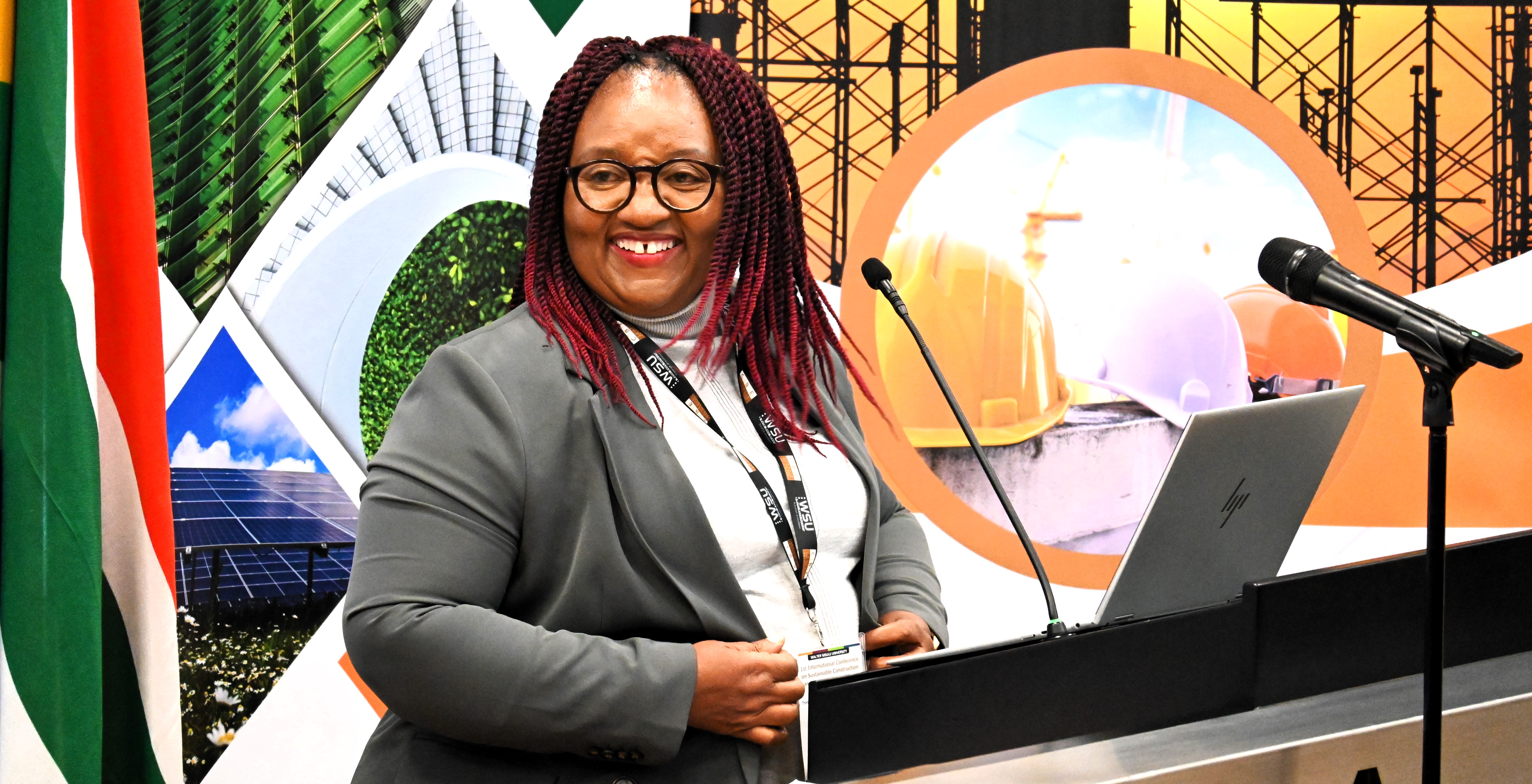WSU PROF FEZA ADVOCATES BUILDING LEADERS FROM WOMB TO AGE SIX
Around the world, many successful nations particularly in Asia are excelling because they start investing in their children even before birth . From the moment a mother falls pregnant until the child turns six, they focus on creating safe, nurturing environments, and teaching fundamental skills that shape the person for life.
This was the powerful message shared by WSU’s Deputy Vice-Chancellor for Research & Internationalisation, Professor Nosisi Feza during her address at the recent G20 Quality Foundational Learning Indaba in Johannesburg.
In an emotional and thought-provoking interview following the Indaba, Prof Feza reflected on what she calls, the “most important years” of a human being’s life.
“There is a time we call neuroplasticity, it’s from conception to six years, and to me, I was preaching that it is the most important time in our lives. That is when we are supposed to be exploring and be given opportunities that will make us grow and be the people that will add value to the society,” she said.
Prof Feza, who was a plenary speaker at the gathering, highlighted how research and her personal experiences have shown that nurturing children in their earliest years is key to producing future mathematicians, scientists including leaders.
“Therefore, when I talk about neurology, it shows, and research has proven that the brain has parts for developing a language, a terminology, and comprehension,” she said.
However, it’s not just about teaching numbers or letters early, according to Prof Feza, creating a safe and healthy environment is equally important.
“Another thing that neurology teaches us is that these children will never learn in a place where they are not feeling safe. Learning doesn’t happen if they are scared. A healthy environment becomes the big deal,” she stressed.
“Hence, if the mom is not even exposed to a safe environment and the mother is around stress, and is smoking drugs then the child is doomed,” she added.
She also spoke about the notable curiosity and observant nature of young children, who absorb and process their surroundings extensively.
“Their curiosity at that age, from conception to six, is too much, even when you talk, they are absorbing every word. You hear them saying exactly your sentence to somebody else, and it might be a bad sentence at that age,” she said.
“It’s an amazing age, and it’s an age you need to grab to build. Because once we grab that age, after that, we don’t have to do much and work just move,” she concluded.
For the WSU and broader Eastern Cape community, her message remained clear that if we want to transform education, improve numeracy and literacy, and produce generations of capable, confident leaders, we must start at the very beginning by nurturing our children from the womb,
Prof Feza also proposed a call of action to parents, teachers, policymakers, and communities to invest in the youngest minds today to secure a brighter tomorrow.
By: Yolanda Palezweni

